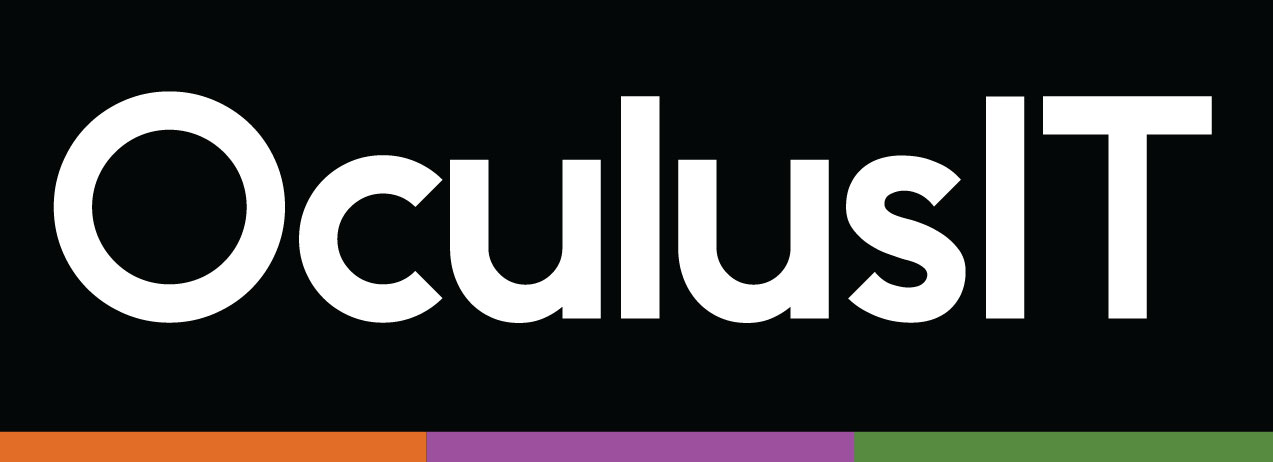
Why Is Your ERP System Slowing Down Student Success?
May 27th, 2025
Reading time: 4 Minutes
What happens when the systems designed to support students become the very thing holding them back? For many colleges and universities, legacy ERP and student information systems (SIS) have become silent barriers to student success. From delayed financial aid notifications to registration errors and missed advising alerts, these issues impact real people, not just process flows.
The problem is not just aging technology. It is the way these systems are managed, integrated, and scaled. Or, more accurately, how they are not.
Outdated ERP Platforms Are Undermining Student Success
Higher education leaders are expected to deliver seamless student experiences, yet many are working with systems that were not built for today’s demands. Below are four key ways legacy ERP systems slow down institutional progress.
1. When Student Data Lives in Silos
Disconnected systems across departments make it hard to see the full student picture. Financial aid, academic records, and enrollment data exist in separate systems, causing gaps that delay decisions and weaken support.
2. Paper-Based Workarounds Are Still Too Common
Many institutions still rely on manual tasks for processing applications, registering students, and disbursing aid. These outdated methods introduce delays, increase the likelihood of errors, and take time away from helping students.
3. Peak Periods Become Crisis Moments
Legacy platforms often cannot handle the surge in traffic during registration or financial aid cycles. When systems lag or crash, students face uncertainty, and IT teams go into firefighting mode.
4. Compliance Feels Like a Constant Catch-Up Game
As privacy and data regulations evolve, older systems often fall short of modern standards. Institutions are left stitching together patchwork fixes that still put them at risk of non-compliance.
The Cost of Staying with the Status Quo
The most dangerous thing about a poorly managed ERP system is that its damage is often invisible until it becomes a crisis. A student who cannot register for a course they need to graduate. A family missing a financial aid deadline. Staff drowning in paperwork instead of supporting students. These are not isolated issues. They are systemic.
Across the industry, higher education leaders are recognizing the need to move beyond legacy systems. The longer institutions wait, the greater the gap between outdated infrastructure and rising student expectations.
Managed ERP Services Are Transforming the Student Experience
Institutions that modernize their ERP strategy are not just improving technology. They are building a student-first foundation that supports growth, engagement, and efficiency. Here is what that looks like.
Enhanced Efficiency Through Automation
Replacing manual tasks with automated workflows speeds up admissions processing, financial aid disbursements, and course registrations. With fewer errors and delays, staff can focus more on student engagement and less on system issues.
Unified Data for Better Decisions
Centralized ERP platforms eliminate data silos and offer a single view of student records. This allows advisors, faculty, and administrators to collaborate using accurate, real-time data. Students benefit from faster service and more personalized support.
Cloud-Based Scalability
Modern ERP solutions built on the cloud can easily scale to meet demand during high-traffic periods. This ensures students can access systems when they need them most, whether that is registering for a course, checking aid status, or downloading a transcript.
Built-In Compliance and Security
Contemporary ERP platforms are designed with compliance in mind. Features like role-based access, automated audit trails, and secure data storage help institutions stay aligned with evolving regulations. This reduces both risk and administrative burden.
Strategic ERP Support: A Necessity, not a Nice-to-Have
Upgrading an ERP system is only one part of improving operational performance. Long-term success also depends on how well the platform is supported, optimized, and aligned with institutional goals. Without a structured approach to ongoing functional support and performance management, even the best systems can lead to stalled processes and missed opportunities.
Colleges and universities need more than implementation. They need continuity, adaptability, and a clear strategy to ensure their systems evolve with student and administrative expectations. A well-supported ERP environment enables IT teams to shift from daily troubleshooting to long-term planning and innovation.
Final Thought: Student Success Starts with Operational Readiness
If your institution is still running on outdated ERP systems or struggling with fragmented support, it is not just a technology issue. It is a student success issue. Every delay, every error, and every missed notification adds friction to the student journey.
Modernizing your ERP strategy is not about keeping up with trends. It is about removing obstacles so that students can move forward with confidence. Contact us today to learn more about managed ERP services.
Recent Articles



























